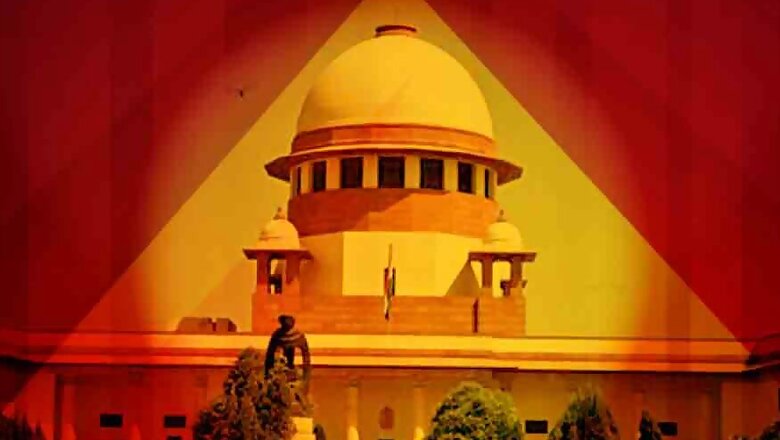
views
New Delhi: The Supreme Court has come out with guidelines for expeditious hearing of criminal appeals involving death penalty, a decision which comes against the backdrop of delay in execution of the four death row convicts in the Nirbhaya gang rape and murder case.
The apex court has fixed a deadline of six months, from the date of the verdict of the high court, for hearing an appeal against the cases of death sentence.
In the circular, which was made public on Friday, it is mentioned that in a matter wherein the High Court has confirmed/ upheld death penalty and this court has granted leave (admission of case), the criminal appeals will be listed for hearing not later than six months before the three-judges bench from the date of grant of leave, irrespective of the fact that appeal is ready or not.
"As soon as the special leave petition involving death penalty is filed, a communication from the Registry may be sent to the court appealed from to make ready and dispatch to this court the certificate of service as well as the original record within a period of 60 days or within further such period fixed by court, after receipt of the intimation of the filing of such special leave petition along with the translation of the documents in vernacular language, if any," the circular said.
It further said that on grant of leave by the court, the Registry may insist for filing of additional documents by the parties within 30 days after the receipt of the intimation from the Registry in this regard.
"In the event records of additional documents have not been received/filed, the matter may be listed before the judge in chambers before the Registrar court as per the existing practise," said the circular dated February 12.
A trial court on January 31 this year stayed "till further orders" the execution of four convicts — Mukesh Kumar Singh (32), Pawan Gupta (25), Vinay Kumar Sharma (26) and Akshay Kumar (31) — in the Nirbhaya gang rape and murder case of 2012, triggering public outcry over delay tactics adopted by the accused in availing legal remedies.

















Comments
0 comment